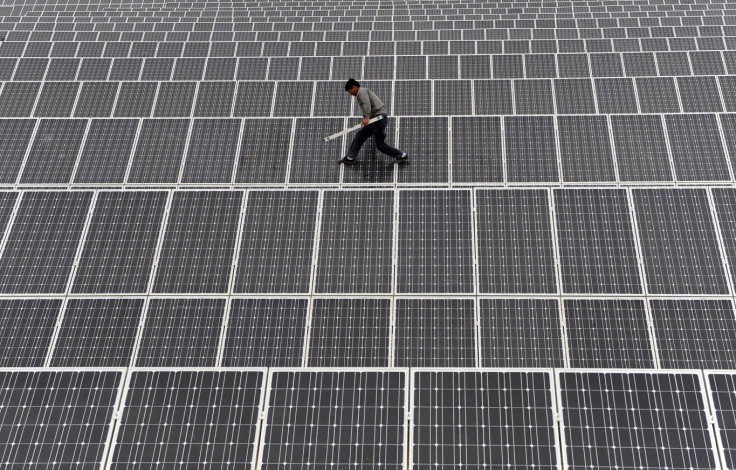A new solar cell that will perform under low-light conditions
Perovskite solar cells are likely to replace silicon cells in Australia

An innovative solar company in Australia will develop a new type of solar cell that will be cheaper than the previous ones and highly efficient. Dyesol, an NSW company, is about to create a roadmap to take its new perovskite solar cell technology from the lab to a commercially viable product through a funding of $449,000 by the Australian government.
This Perovskite solar cells comes with an advantage over traditional silicon cells as these are cheaper to make as well as their electricity conversion efficiency is higher than the latter. According to a Science daily.com report, by using a novel fabrication method, the research team from Brown University and the National Renewable Energy Lab, or NREL has attained better than 15 percent energy conversion efficiency from perovskite solar cells that are larger than one square centimeter area.
This technology is cheap and what makes it versatile is that it can perform under low-light conditions. It has not been evolved into manufacturing techniques and scaled applications that will help one to ensure the performance, product quality and if it could meet certification standards.
Minister for the Environment Greg Hunt said, "Australia is at the forefront of innovation in renewable technologies. Supporting early stage projects like this is vital if we are to maintain and build on our world-leading competitive advantage in solar research and development and further bring down the cost of solar." He would also like to see that abundant solar is available for Australian families and businesses and Australia become crowded with innovative commercial solar industries, adds Hunt.
Dr Peter Hendy, federal member for Eden-Monaro and assistant minister for productivity, said that Dyesol is a leader in this space and it is investing in perovskite that is third-generation solar technology. The project is likely to be completed in the first quarter of the 2016, said the Department of Environment's Web site.
Contact the writer at feedback@ibtimes.com.au or tell us what you think





















